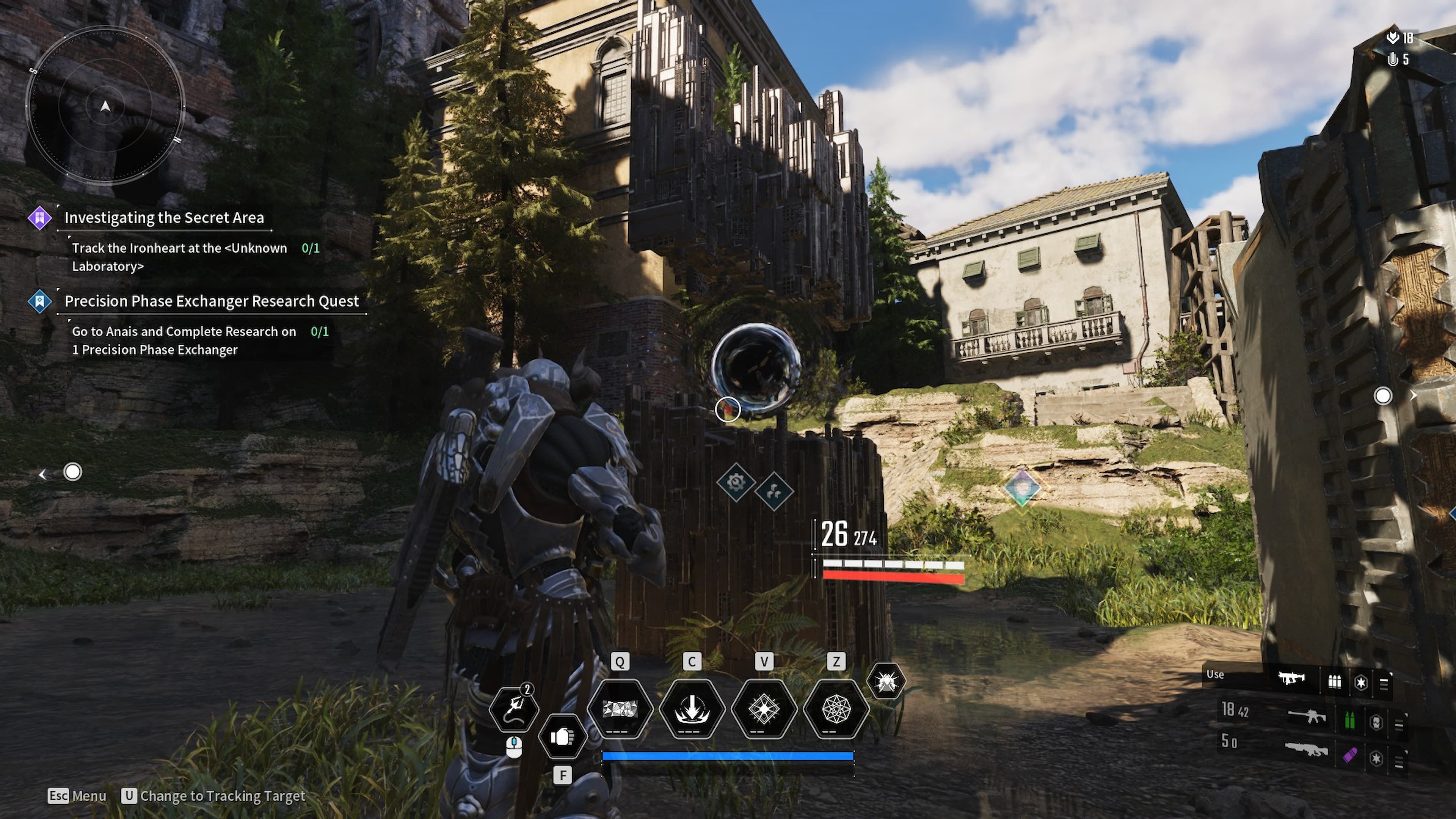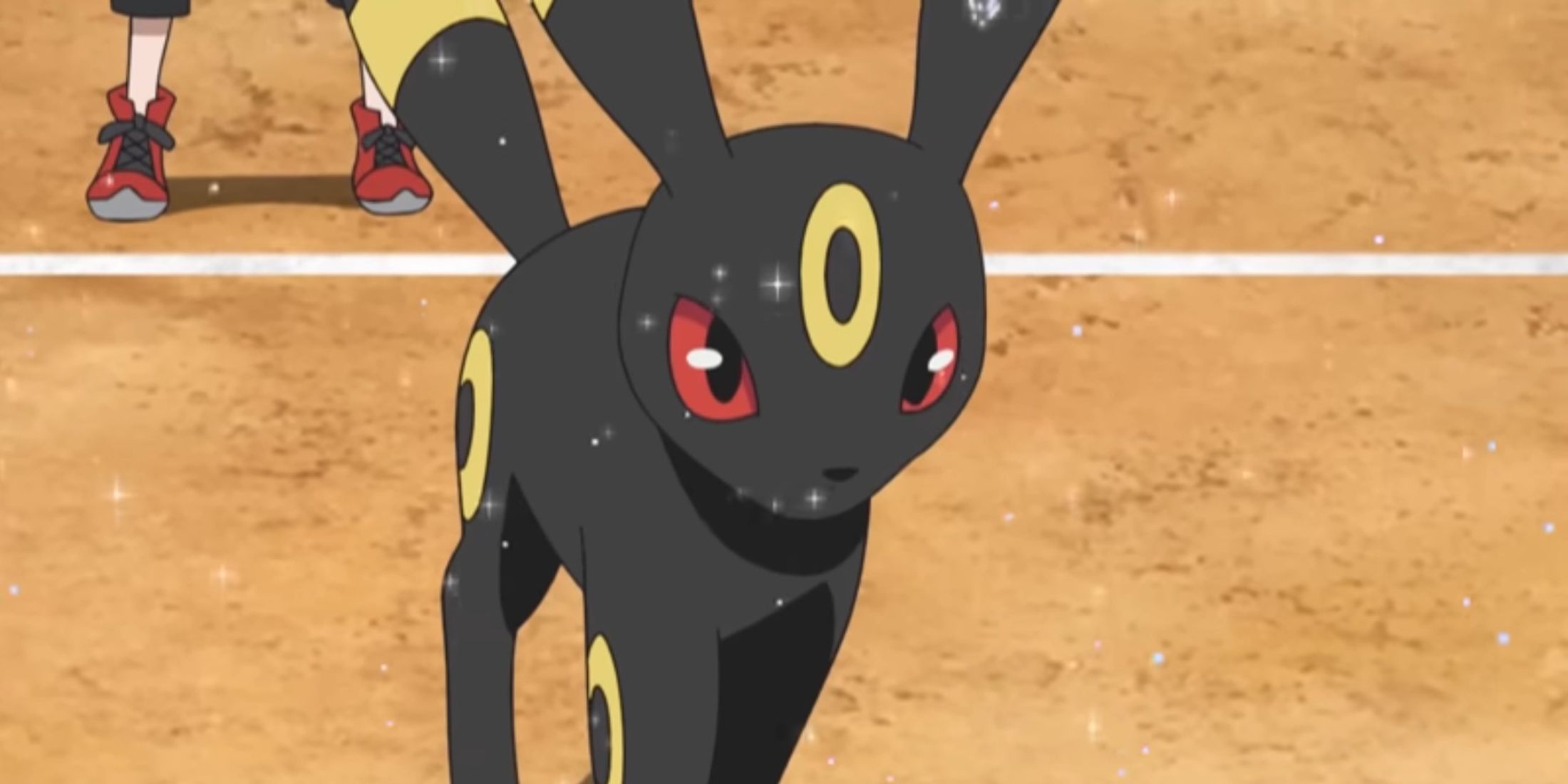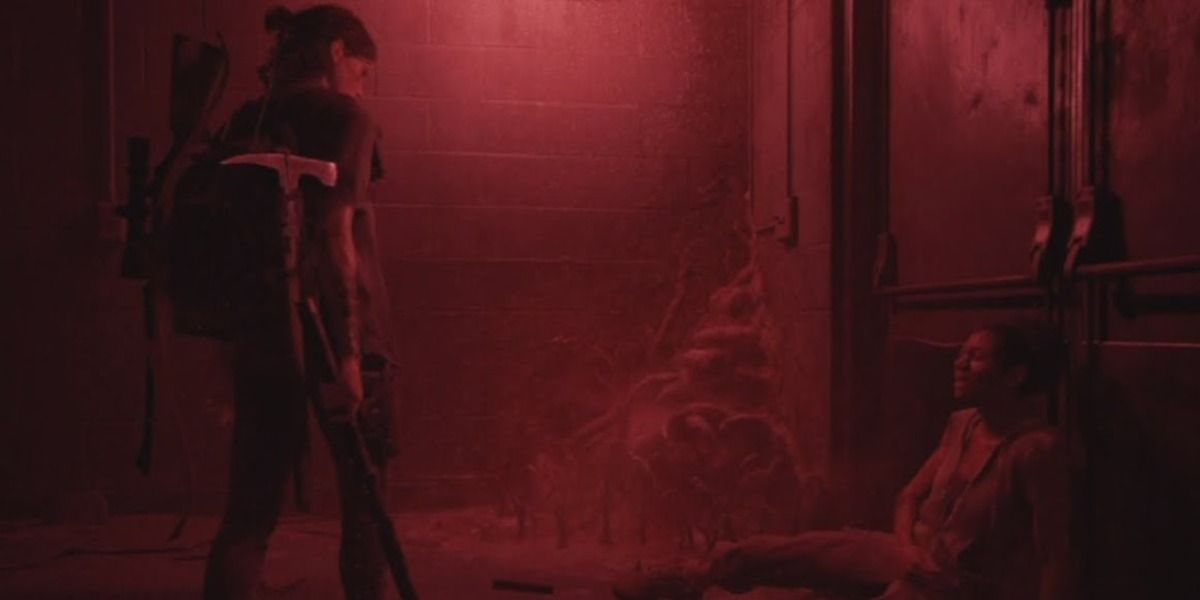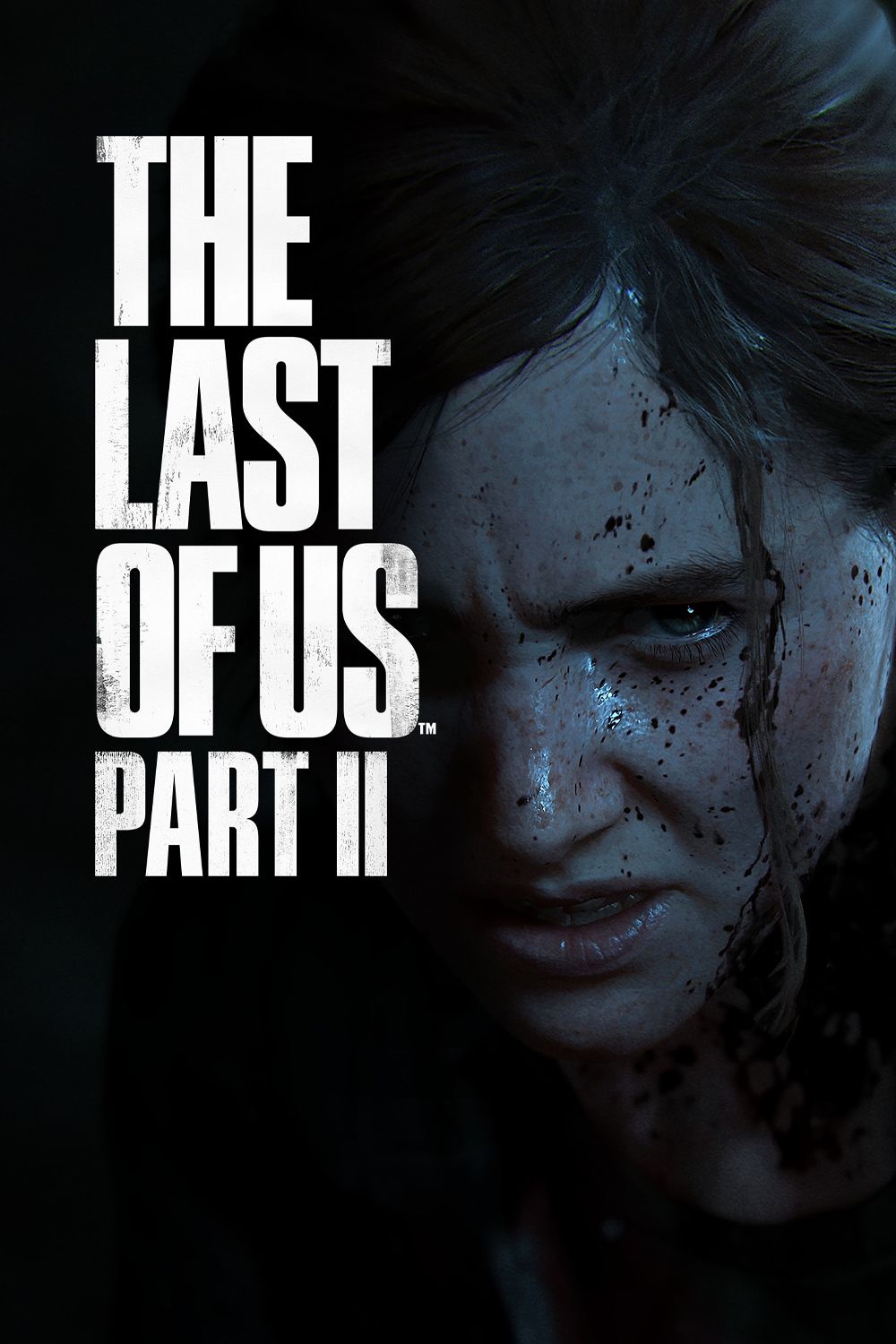Highlights
- The Last of Us explores complex themes like vengeance and unconditional love through Joel and Ellie.
- The second game delves into themes of justice and revenge, setting the stage for a potential exploration of identity in a third game.
- Ellie's character development from innocent to vengeful sets up a possible journey of acceptance and self-reflection in The Last of Us 3.
The Last of Us is a franchise that makes bold decisions, and doesn't make any apologies regarding how it handles complex, emotional themes. Putting players in the shoes of Joel, a remorseful, hardened survivor, and Ellie, a girl molded by a world ravaged by the Cordyceps fungus gives a sense of narrative scope that few series have matched. Characters are at the heart of the Naughty Dog-developed IP, but it also makes full use of story themes that wonderfully elevate the experience.
The Last of Us is about love, and the lengths someone would go for those they care for. The second game, by admittance of writer/director Neil Druckmann is about 'the pursuit of justice at any cost', wrapping itself in a more vengeful tone and discovering the nuances of personal tragedy and self-control. The rumored third game could go in a number of directions with its story, utilizing themes that compliment those presented in the first two mainline games.
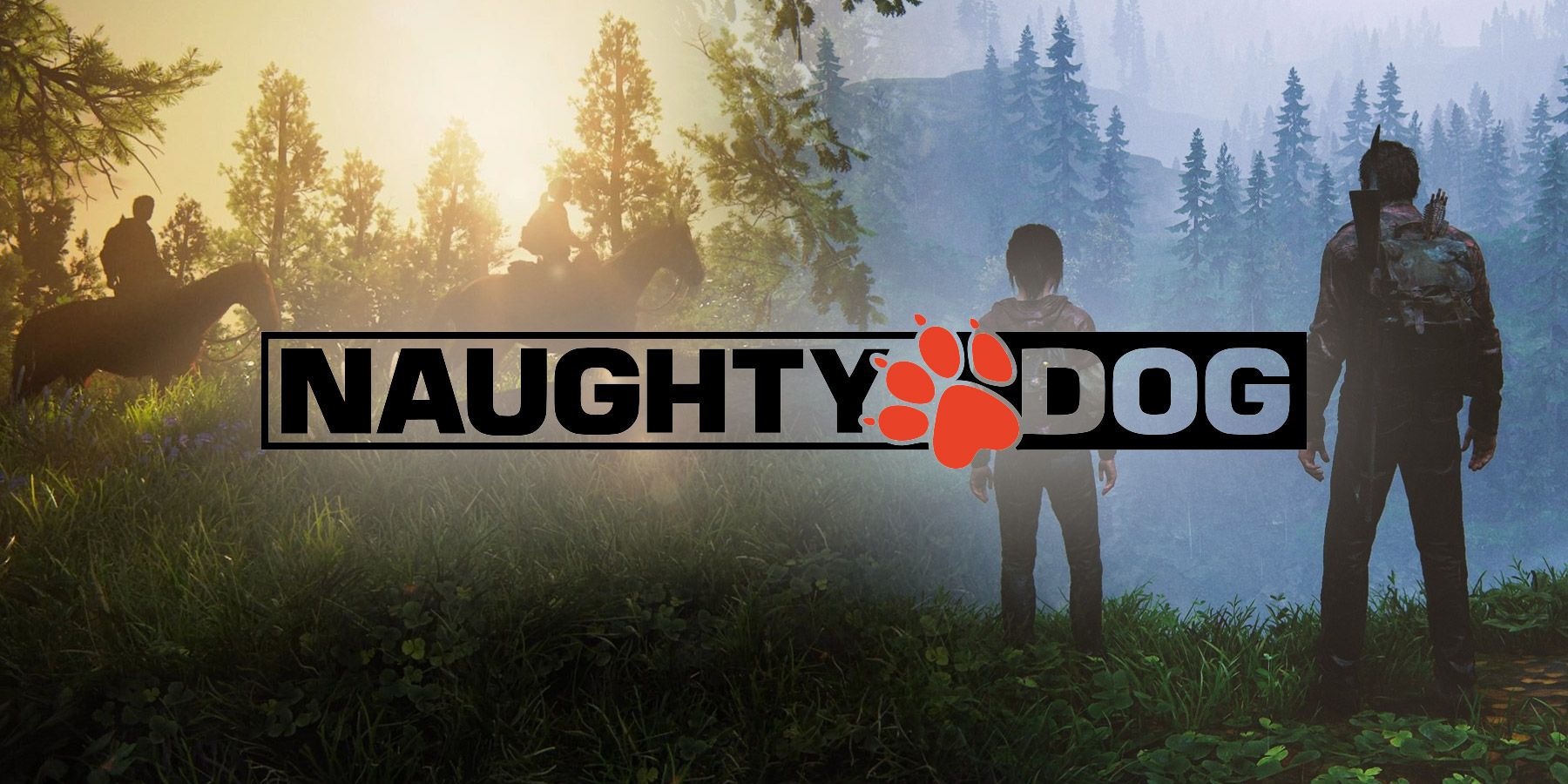
How Naughty Dog’s New IP Could Indirectly Set the Stage for The Last of Us 3
Naughty Dog is hard at work on a new single-player game, and while it hasn't been confirmed yet, it could set the stage for The Last of Us Part 3.
Ellie Needs to Find Acceptance in The Last of Us 3
Joel's fate sends Ellie down a path that some could argue she can't return from. She commits awful acts out of anger, hatred, and a thirst for revenge, and in doing so racks up a debt of bad karma during her time in the Pacific Northwest. Before she's dragged back out to California for one last-ditch effort to apprehend Abby, she's shown to lead a pleasant life on the farm with Dina, which all comes crumbling down as she just can't let Abby go. It's a surprising plot development, but is also one that could be explored in The Last of Us 3.
The Last of Us 2 released in June 2020, and while some criticized some narrative decisions, it received widespread acclaim, including winning the 2020 Game of the Year at the Game Awards.
The natural end point for Ellie, who is still a hero in the eyes of the player, would be to find some kind of harmony and acceptance in the fact that Joel is gone, even though his killer remains at large. The cycle of violence has been broken, and though it's not the way Ellie envisaged, it would be a viable main theme for The Last of Us 3 to have her go through a personal journey towards accepting the cards as they have fallen.
The Last of Us 2 Questioned Ellie's Identity
'If I ever were to lose you, I'd surely lose myself' is the narrative through line for The Last of Us 2. It draws parallels to Joel's actions at the end of the first game, as well as provides a foreshadowing of Ellie's journey in Seattle. When on the hunt for Abby, Ellie is compromising who she used to be in favor of seeking vengeance. Her hatred for Abby's actions change her to the point where she feels unrecognizable from the girl players met in The Last of Us, so a third game could do well to angle itself on themes of identity and self-reflection.
The Last of Us 2 sees Joel sing Pearl Jam's Future Days to Ellie in the opening hour, which encapsulates the overarching theme of the 2020 game.
At this point, players have seen three distinct sides of Ellie across roughly five years. There's the light, playful nature presented in the excellent Left Behind expansion, the headstrong, pragmatic, but still somewhat innocent version in The Last of Us, and the vengeful, cruel person she becomes in The Last of Us 2. It's a wonderfully-crafted character arc, but one that contrasts with its own components. A third game where Ellie confronts, challenges, and accepts who she used to be and who she's become could bring the character, and the series at large, full circle.

